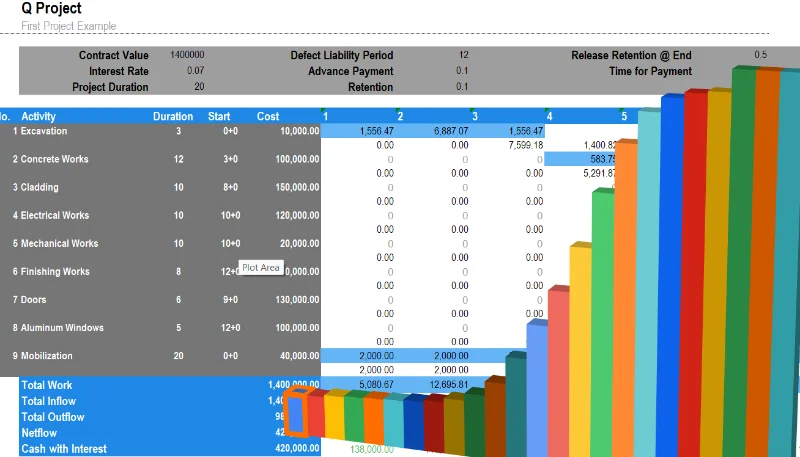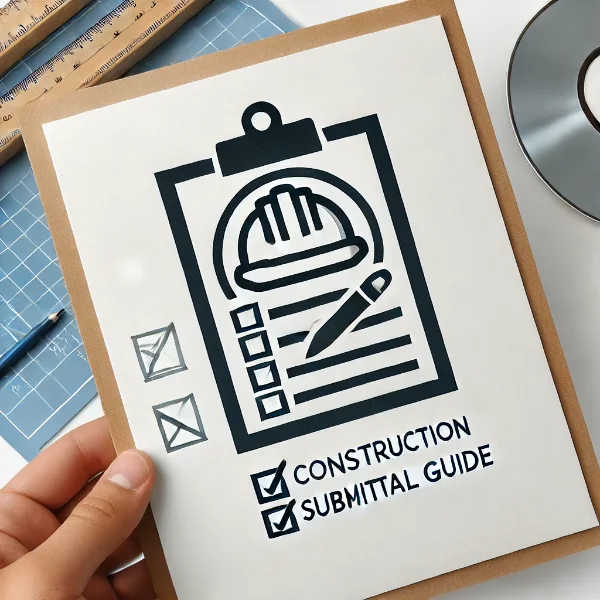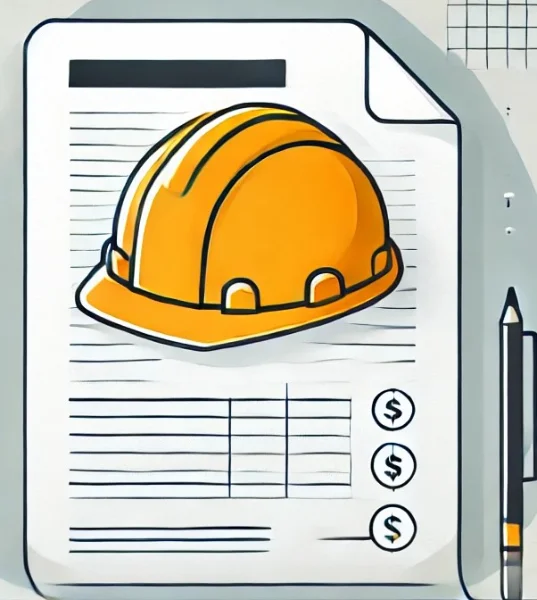The Impact of Advance Payments on Contractors in Construction Contracts: Lessons from the Pandemic
Introduction
Advance payments play a pivotal role in construction projects, enabling contractors to mobilize resources and commence work. However, during the COVID-19 pandemic, contractors faced an unprecedented challenge: abrupt project terminations or suspensions led employers to invoke advance payment bonds to recover funds that had already been used. This practice placed contractors in financial jeopardy, raising serious questions about the equity and fairness of such contractual provisions.
This article explores the systemic issues that arise from the current treatment of advance payments, highlights how these provisions disproportionately impact contractors, and provides actionable recommendations for fairer contract frameworks.
Advance Payments and Their Role in Construction Contracts
Purpose of Advance Payments
Advance payments are an essential financial tool in construction contracts, typically issued to contractors at the beginning of a project to:
- Facilitate mobilization, including resource deployment and site setup.
- Procure materials required for initial construction activities.
Advance Payment Bonds
To safeguard employers, contractors are often required to provide bonds that ensure the repayment of advance payments in the event of default or project termination.
Recovery Mechanism
As construction progresses, advance payments are gradually recovered through deductions in interim payment certificates.
The Pandemic’s Disruption of Construction Contracts
During the pandemic, force majeure events, financial constraints, and employer-driven suspensions led to widespread disruptions in construction projects. In many cases:
- Employers terminated contracts and demanded immediate repayment of advance payments.
- Advance payment bonds were invoked, forcing contractors to repay funds that had already been utilized for legitimate mobilization and initial project activities.
Why the Current Approach is Unjust
Irrecoverable Mobilization Costs
Funds allocated for mobilization are typically spent on deploying equipment, hiring personnel, and preparing the site. These costs are irrecoverable. When employers invoke bonds, contractors are unfairly burdened with liabilities for funds that were used as intended.
Unilateral Termination Provisions
Standard construction contracts often allow employers to terminate agreements for convenience without adequately compensating contractors. This creates a significant imbalance in risk distribution, disproportionately disadvantaging contractors.
Force Majeure Misinterpretation
In many cases, force majeure events, such as the pandemic, were treated as grounds for contract termination. Yet, employers often considered advance payments as loans rather than investments, unfairly shifting the financial burden onto contractors.
Economic Fallout
The financial pressure to refund advance payments during the pandemic led to severe consequences for contractors, including insolvency, layoffs, and the collapse of several firms.
Lessons Learned from the Pandemic
The pandemic exposed several weaknesses in standard construction contract provisions, underscoring the need for reforms to address such extraordinary situations.
Clearer Force Majeure Clauses
Contracts must explicitly define the treatment of advance payments during force majeure events to prevent misuse of bonds and ensure fair treatment of contractors.
Equitable Risk Allocation
Contracts should distribute risks more evenly between employers and contractors, avoiding provisions that disproportionately penalize one party.
Fair Compensation Frameworks
Contractors should be compensated for incurred mobilization costs, demobilization expenses, and a reasonable profit margin in the event of termination.
Recommendations for Contractual Reforms
To address the flaws exposed by the pandemic, construction contracts should incorporate the following changes:
Non-Refundable Advance Payments
Contracts should explicitly state that advance payments used for mobilization are non-refundable. This acknowledges the irreversible investment made by contractors.
Revised Advance Payment Bonds
Advance payment bonds should only cover unused funds, ensuring contractors are not penalized for legitimate expenses.
Termination Compensation Provisions
Employers should be required to:
- Compensate contractors for all costs incurred up to the termination date.
- Cover demobilization expenses and loss of anticipated profits.
Independent Audits
Independent audits should verify the utilization of advance payments, ensuring transparency and fairness for both parties.
Insights from Industry Practices
FIDIC Contracts
While FIDIC provisions address termination and compensation, they mandate the refund of unused advance payments. These provisions should be updated to reflect mobilization costs already incurred.
NEC Contracts
The NEC framework’s collaborative approach can serve as a model for fair settlements, especially in extraordinary circumstances.
Custom Contracts
Tailored agreements that include pandemic-specific clauses can mitigate risks and ensure fairness during unforeseen events.
Ethical Obligations of Employers
Collaborative Problem-Solving
Employers and contractors should work together to find mutually beneficial solutions, such as temporary project suspensions rather than outright terminations.
Fostering Long-Term Partnerships
Fair treatment of contractors builds trust and strengthens long-term relationships, ultimately benefiting both parties.
Conclusion
The COVID-19 pandemic underscored the need for reforms in the treatment of advance payments in construction contracts. The current system, which disproportionately burdens contractors, is unsustainable and unfair. By introducing non-refundable advance payments, equitable compensation frameworks, and clearer force majeure provisions, the construction industry can create a more balanced and resilient contractual framework. These changes are essential to fostering fairness and protecting contractors from undue financial risks in future crises.
References
- FIDIC (2017). Conditions of Contract for Construction (Red Book)
- NEC (2020). New Engineering Contract (NEC4)
- International Federation of Consulting Engineers (2021). Best Practices in Contractual Agreements Post-Pandemic
- World Bank (2021). The Impact of COVID-19 on Construction Projects: Lessons and Recommendations
- Smith, J. (2022). Force Majeure in Construction: Rethinking Contracts Post-COVID-19 . Construction Law Journal
-
Quollnet (2025). Risks of advance payment in construction contracts










